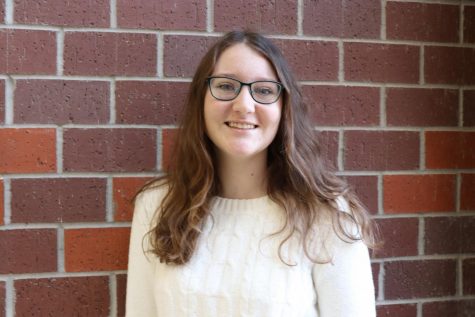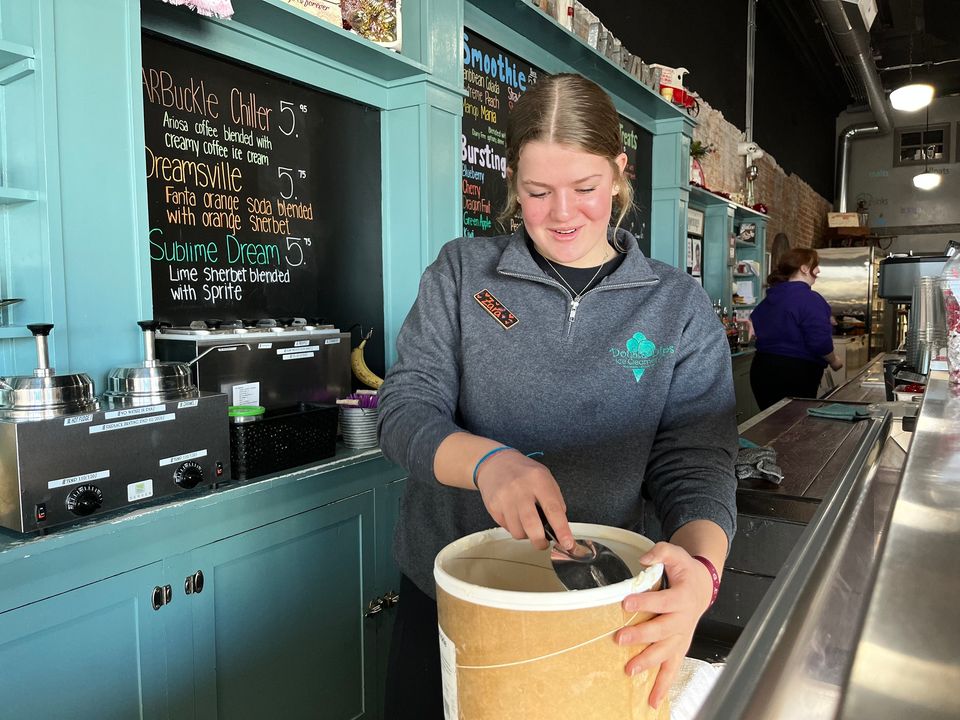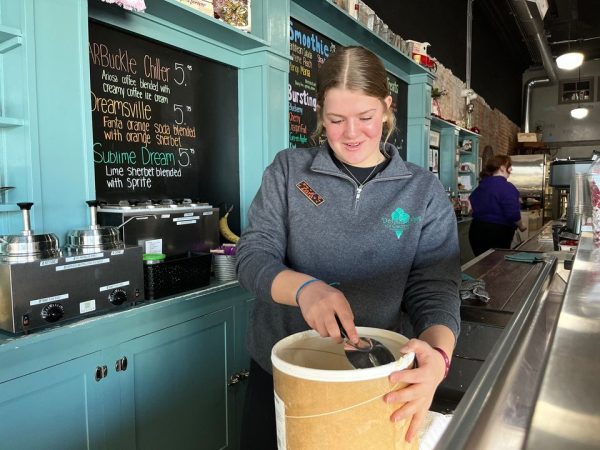The only child dilemma
January 26, 2018
What comes to mind when you hear the phrase “only child?” Do you think antisocial or self-centered, maybe even spoiled?
Stereotypes like these first originated from a 19th-century professor, Granville Hall, who, at the time, was considered a “child expert.” He conducted a study with over 1,000 children and concluded with the mindset that children without siblings are “poorly behaved” and that “the condition of being an only child is nothing short of a disease.” His findings, which by today’s standards may seem completely ridiculous and misleading, are the main reason single-born children are stuck with such displeasing stereotypes.
Only children, people who grew up fortunately or unfortunately without siblings, were the only ones around the house so they received the majority of their parents’ attention. On the downside though, siblingless children had no one to play hide-and-seek with, express their deepest fears to, or make fun of at all times. “I took a psychology class, and they say that only children are smarter, but also tend to rely on others because their parents’ attention was focused on them,” said junior Lucas Friedrich, who has two younger siblings.
I realize my kids will never have cousins and I’ll never be an aunt.
— Math Teacher Sasha Welch
A myth concerning only children states that adolescents without siblings have difficulty sharing, going second, and always want to be the center of attention. The myth claims that they may be a combination of immature, pampered, and spoiled.
“A lot of people wish they were only children because they think they [only children] are spoiled, but personally, I was not spoiled,” said junior Jaylee Shaner, who is an only child. “I got the same amount of stuff and the same amount of attention as a child with siblings.”
Math teacher Sasha Welch, who grew up an only child as well, thinks that not having siblings doesn’t matter as much when you’re young. “I had cousins, lots of cousins, right close to my age, and they were kind of like my siblings,” she said. However, as an adult, she says the lack of family is noticeable. “I realize my kids will never have cousins and I’ll never be an aunt because my husband has a sister, but she doesn’t want to have kids,” she said. Now that she’s older, Welch finds it unfortunate to not have any siblings because the responsibility of caring for her elderly parents has fallen onto her shoulders. “That’s one thing you don’t think about as a kid,” she said.
Not everyone has experienced being an only child, with only 20% of American households being single children homes, although from continuous research and studies, statistics show that being an only child has more positives than negatives. “I am more outgoing. I’m a very independent person, and way better at communicating with adults,” Shaner said. “Being an only child is pretty cool.”





